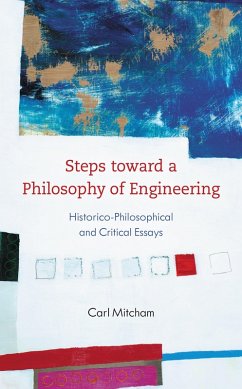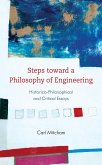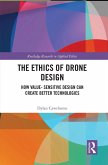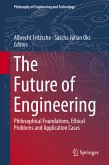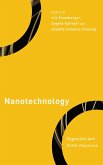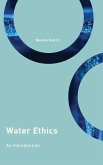The rise of classic Euro-American philosophy of technology in the 1950s originally emphasized the importance of technologies as material entities and their mediating influence within human experience. Recent decades, however, have witnessed a subtle shift toward reflection on the activity from which these distinctly modern artifacts emerge and through which they are engaged and managed, that is, on engineering. What is engineering? What is the meaning of engineering? How is engineering related to other aspects of human existence? Such basic questions readily engage all major branches of philosophy --- ontology, epistemology, ethics, political philosophy, and aesthetics --- although not always to the same degree. The historico-philosophical and critical reflections collected here record a series of halting steps to think through engineering and the engineered way of life that we all increasingly live in what has been called the Anthropocene. The aim is not to promote an ideology for engineering but to stimulate deeper reflection among engineers and non-engineers alike about some basic challenges of our engineered and engineering lifeworld.
Bitte wählen Sie Ihr Anliegen aus.
Rechnungen
Retourenschein anfordern
Bestellstatus
Storno

